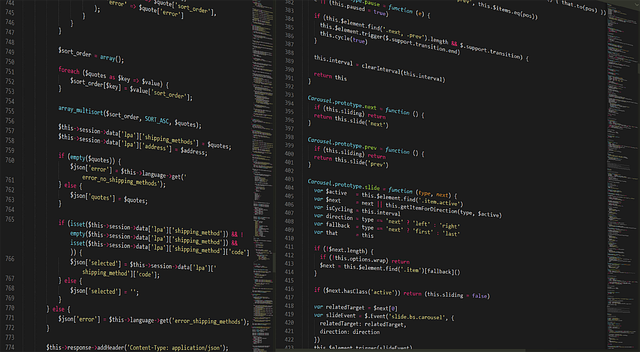Alcohol Coding Therapy: Methods, Evidence, and Care Settings
Alcohol coding therapy is a term used in some regions to describe a range of approaches intended to reduce alcohol use by creating aversion, changing automatic responses, or establishing a therapeutic “commitment” against drinking. Practices vary from suggestion-based psychological procedures to medically supervised aversive techniques. This article summarizes common meanings of the term, how it links to detox and treatment, what role hospitals can play, and how it fits into broader recovery planning. This article is for informational purposes only and should not be considered medical advice. Please consult a qualified healthcare professional for personalized guidance and treatment.

What is alcohol coding therapy?
“Coding” is not a single standardized clinical procedure in international medical literature; the phrase often refers to local therapeutic practices that seek to alter a person’s response to alcohol. In some contexts it means suggestion-based psychotherapy where clinicians use structured interviews and conditioning to strengthen motivation and reduce cravings. In others it refers to pharmacologically assisted aversion techniques that associate drinking with unpleasant consequences. Because methods and definitions vary, it is important to clarify exactly what a provider means by coding before enrolling in any program.
How does detox relate to coding therapy?
Detoxification (detox) is the medical process of managing withdrawal symptoms when stopping alcohol. Detox may be necessary before any form of counseling or conditioning can begin safely, because withdrawal can be life-threatening in severe cases. Coding approaches that rely on aversive conditioning or medications are usually introduced after or alongside detox under medical supervision. Immediate withdrawal management is typically handled in outpatient or inpatient settings depending on severity, with clinicians monitoring vital signs, providing medications as needed, and preparing clients for subsequent coding or behavioral treatment.
How can coding therapy support recovery?
Recovery is a long-term process that often combines medical, psychological, and social supports. When coding therapy is part of a recovery plan, its goal is generally to reduce the risk of relapse by changing learned associations, increasing commitment to abstinence, or by pharmacologically discouraging drinking. Evidence-based recovery strategies commonly used alongside any coding-style intervention include cognitive behavioral therapy (CBT), motivational interviewing, relapse prevention planning, and participation in peer support groups. The effectiveness of specific coding techniques varies and should be considered within the broader, evidence-based recovery plan tailored to the individual.
Role of hospital care in coding therapy
Hospital care may be involved for medically supervised detox, management of complicated withdrawal (such as delirium tremens or seizures), or for initiation of medication-assisted treatment. If a coding approach involves prescription medications or intensive monitoring, hospitals or accredited inpatient units provide the necessary clinical oversight. Hospitals can also offer coordinated care pathways that link detox, psychiatric assessment, counseling, and discharge planning — helping to ensure that any coding or therapeutic intervention fits with other medical and psychosocial needs.
Treatment process and clinical considerations
Treatment plans that include coding-style interventions should start with a thorough assessment of medical history, pattern of alcohol use, co-occurring mental health conditions, and social supports. Clinicians should explain the underlying rationale, expected outcomes, potential risks, and available alternatives. Some coding methods claim rapid or lasting effects, but robust evidence for such claims is mixed; established treatments with stronger research support include medications (naltrexone, acamprosate, disulfiram in specific cases) combined with psychosocial therapies. Informed consent and follow-up care are essential to monitor effectiveness, side effects, and relapse risk.
This article is for informational purposes only and should not be considered medical advice. Please consult a qualified healthcare professional for personalized guidance and treatment.
Conclusion
Alcohol coding therapy describes a heterogeneous set of approaches, ranging from psychological suggestion and conditioning to medically supervised aversion techniques. It often intersects with detox, hospital-based care, and established recovery practices, but its definition and evidence base vary by region and provider. When considering any coding-style intervention, prioritize medical assessment, clear informed consent, and integration with evidence-based psychosocial supports. Choosing a treatment pathway should involve consultation with qualified clinicians who can recommend interventions appropriate to an individual’s clinical needs and recovery goals.




